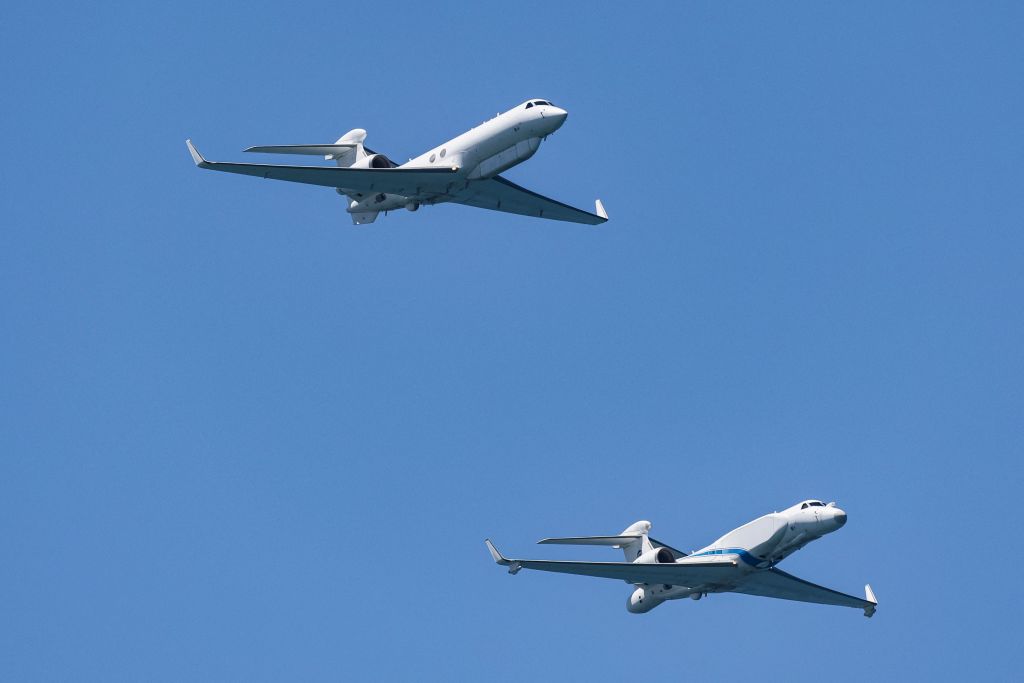Gulfstream Aerospace Corp recently achieved a monumental milestone in aviation completing the world’s first transatlantic flight using 100% sustainable aviation fuel (SAF) aboard a Gulfstream G600 aircraft. The historic November 19 journey from Savannah, Georgia to Farnborough, England lasted six hours and 56 minutes. This breakthrough flight aims to contribute to the aerospace sector’s goal of achieving net-zero carbon dioxide emissions 2050.
SAF offers promising potential to mitigate aviation carbon emissions relying less on fossil fuels. The Pratt & Whitney PW815GA engines of the aircraft were exclusively powered 100% SAF, highlighting the viability of renewable fuels in aviation. Additionally, the flight provided valuable data on aircraft compatibility with low-aromatic renewable fuels in cold temperatures during extended flights.
Gulfstream President, Mark Burns, emphasized the significance of the flight in advancing business aviation’s sustainability mission and creating a positive environmental impact for future generations. The SAF used was provided World Energy and distributed World Fuel Services and offers at least 70% lower lifecycle CO2 emissions than fossil-based jet fuel. It also has minimal impact on local air quality and contains low sulfur content. Anthony Rossi of Pratt & Whitney Canada commended Gulfstream for its pioneering role in sustainable aviation and recognized key partners in supporting this significant achievement.
In related research, a study revealed an up to 80% reduction in carbon dioxide emissions and a 45% decrease in ultrafine black carbon emissions using sustainable aviation fuels compared to traditional jet fuel. The completion of this world-class flight is a testament to Gulfstream’s commitment to innovating for a sustainable future and advancing business aviation’s overarching sustainability mission.
The company emphasized that this historic flight contributes to business aviation’s long-term decarbonization goals. The effort contributes to illustrating the potential for renewable fuels in aviation, emphasizing broad use of SAF over traditional jet fuel, and providing valuable data for future research and implementation. Gulfstream also thanked their partners and collaborators for their significant efforts to champion the aviation industry’s path to 100% SAF usage.

